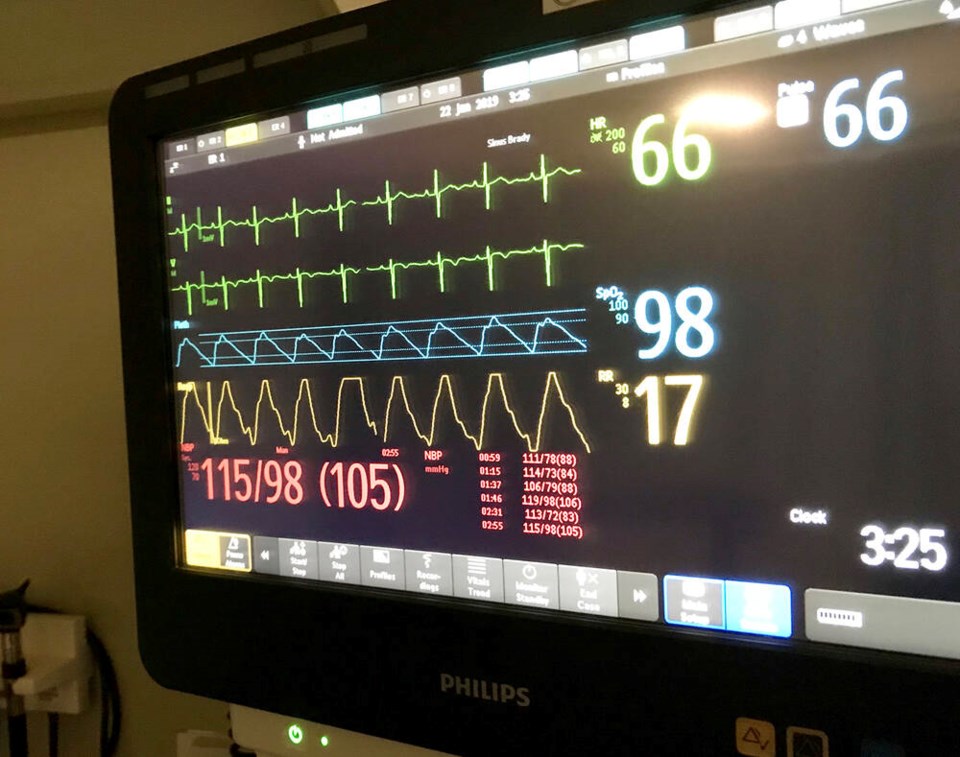Delta Police frontline officers and the community are benefitting from a health software application.
That was the update from Chief Neil Dubord on the department’s use of the HealthIM app during a recent presentation to the Delta Police Board.
In October 2019, the police department became the first in B.C. to use HealthIM, which supports the frontline work of police officers in dealing with calls associated with mental health concerns. The app is being used in partnership with the Fraser Health Authority.
HealthIM translates an officer’s description of observations into clinical language for hospital staff and sends the information to the hospital to prepare for intake, with staff being informed of circumstances prior to an individual’s arrival at the hospital, Dubord’s report to the board explains.
Since implementation, HealthIM usage has provided several benefits including, among other things, improved nursing safety, as well as improved information sharing and communication with Delta Mental Health, by having the apprehending officer send reports directly, removing time delays and reducing the amount of time and redundancy for the DPD Mental Health Unit to make referrals.
“Our officers have been using this for three years and we’ve had some success with it,” said Dubord. “What we’ve found, since this time, is we have more officers being available on the road because their wait times at the hospital has been reduced. We have increased partnership in communication with the healthcare providers and in, addition, we have reduced paperwork for the officers using the app and the mandatory mental health template they’re required to do in the Province of B.C.”
His report notes that in 2022, the app was utilized to conduct 396 assessments involving 328 individuals. The variance between the number of assessments and individuals is due to repeated contact with some people.
The 396 assessments resulted in 346 apprehensions under the Mental Health Act, requiring a DPD officer, or a Community Safety Officer, to accompany the individual to the hospital.
Prior to the implementation of HealthIM, the average wait time for DPD officers at a hospital was 130 minutes. In 2022, the average wait time was 110 minutes, down by seven minutes from 2021.
Lengthy hospital wait times remained an issue throughout 2022 due to overall issues with the public health system, but officers still saw a time savings compared to prior use of the app.
Dubord’s report also noted that, additionally, the usage of app last year translated to a monetary saving of $47,700 when considering the approximate average cost of a police officer in a vehicle.
“The DPD has utilized these saved staffing hours (and associated monetary value) to provide improved service to the remainder of Delta by being available for other calls for service more often rather than being tied up in hospital waiting rooms, the report adds.
The DPD currently funds the approximately $30,000 cost of app within the annual operating budget.
Over the past years, the DPD has received requests to speak to other police organizations interested in implementing HealthIM and, in late 2022, following ongoing advocacy by the BC Association of Police Chiefs, the BC government announced provincial funding for the app as part of the Safer Communities Action Plan.




